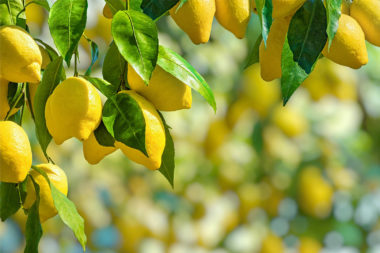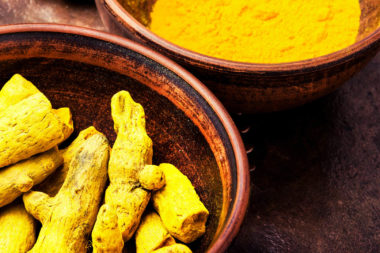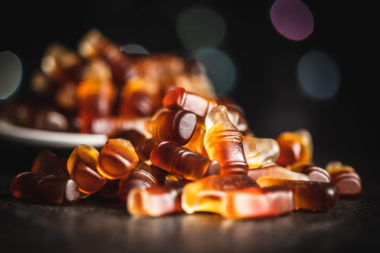

Glutathione
Briefly about glutathione
- Glutathione helps strengthen the immune system and protect the body, and is necessary for other antioxidants such as vitamin E and vitamin C to function effectively.
- It is one of the most powerful antioxidants produced by the body itself.
- It promotes both digestion and intestinal function, contributing to better gut health.
Learn more about glutathione
Glutathione is a powerful antioxidant produced by the body itself. It helps protect the cell’s mitochondria, the cell’s energy factories, and also strengthens the immune system.
Glutathione was likely the Earth’s first antioxidant as it protected primitive forms of blue-green algae. Similarly, it now protects our cells from toxins and pollutants.
Glutathione is synthesized in our cells from three amino acids (glutamine, glycine, and cysteine) and helps cells survive attacks from free radicals, which are naturally formed in our metabolism. There are studies suggesting that degenerative aging may be associated with an excess of free radicals and oxidative stress, indicating a deficiency of glutathione. In other words, glutathione could contribute to healthier aging by reducing the amount of free radicals and delaying the aging process.
What is glutathione good for?
Glutathione is a potent endogenous antioxidant that plays a crucial role in various physiological processes. It is involved in the detoxification of harmful substances, regulation of cellular redox balance, and maintenance of optimal immune function.
Glutathione is considered one of the most important antioxidants as it protects cells from oxidative damage caused by free radicals and reactive oxygen species. It acts as a scavenger, neutralizing these harmful molecules and preventing them from causing cellular damage. Additionally, glutathione helps regenerate other antioxidants such as vitamins E and C, enhancing their effectiveness in combating oxidative stress.
The synthesis of glutathione occurs within the cells through a complex process involving the amino acids glutamine, glycine, and cysteine. It is present in high concentrations in various tissues, including the liver, lungs, and immune cells.
Research suggests that glutathione levels tend to decline with age, and this decrease has been associated with various age-related conditions and diseases. By maintaining optimal levels of glutathione, it is believed that one can support healthy aging and reduce the risk of chronic diseases.
Furthermore, glutathione has been shown to have a positive impact on digestive health and gut function. It helps in maintaining the integrity of the intestinal barrier, promoting proper nutrient absorption, and supporting a balanced gut microbiota.
Overall, glutathione plays a vital role in cellular health, immune function, and antioxidant defense. Its ability to combat oxidative stress and support various physiological processes underscores its significance in maintaining overall well-being.
What can glutathione deficiency mean?
A deficiency of glutathione leads to impaired immune system and reduced detoxification ability in the body.
Causes of deficiency can include heavy metal poisoning, cancer, cataracts, rheumatism, diabetes, and allergies, as they consume large amounts of glutathione. Alcohol and other toxins also negatively impact glutathione levels as they are consumed during the liver’s processing of toxins.
How do we get glutathione?
The body’s cells produce glutathione themselves, but the right nutrients are needed for it to function properly, such as sulfur and selenium. To support the body’s own production of glutathione, it is important to consume vitamin C-rich fruits and vegetables, as well as sulfur-rich vegetables like cabbage and onions. Sufficient intake of selenium is also important as selenium is a cofactor for glutathione.
The production of glutathione decreases with age, and any form of stress consumes large amounts of glutathione.
Supplementation with glutathione can be beneficial for the elderly, during periods of additional stress, illness, and more. However, it typically has poor absorption in the intestine, so it is recommended to choose liposomal glutathione, where glutathione is transported using small fat droplets called liposomes, providing more effective absorption.

























